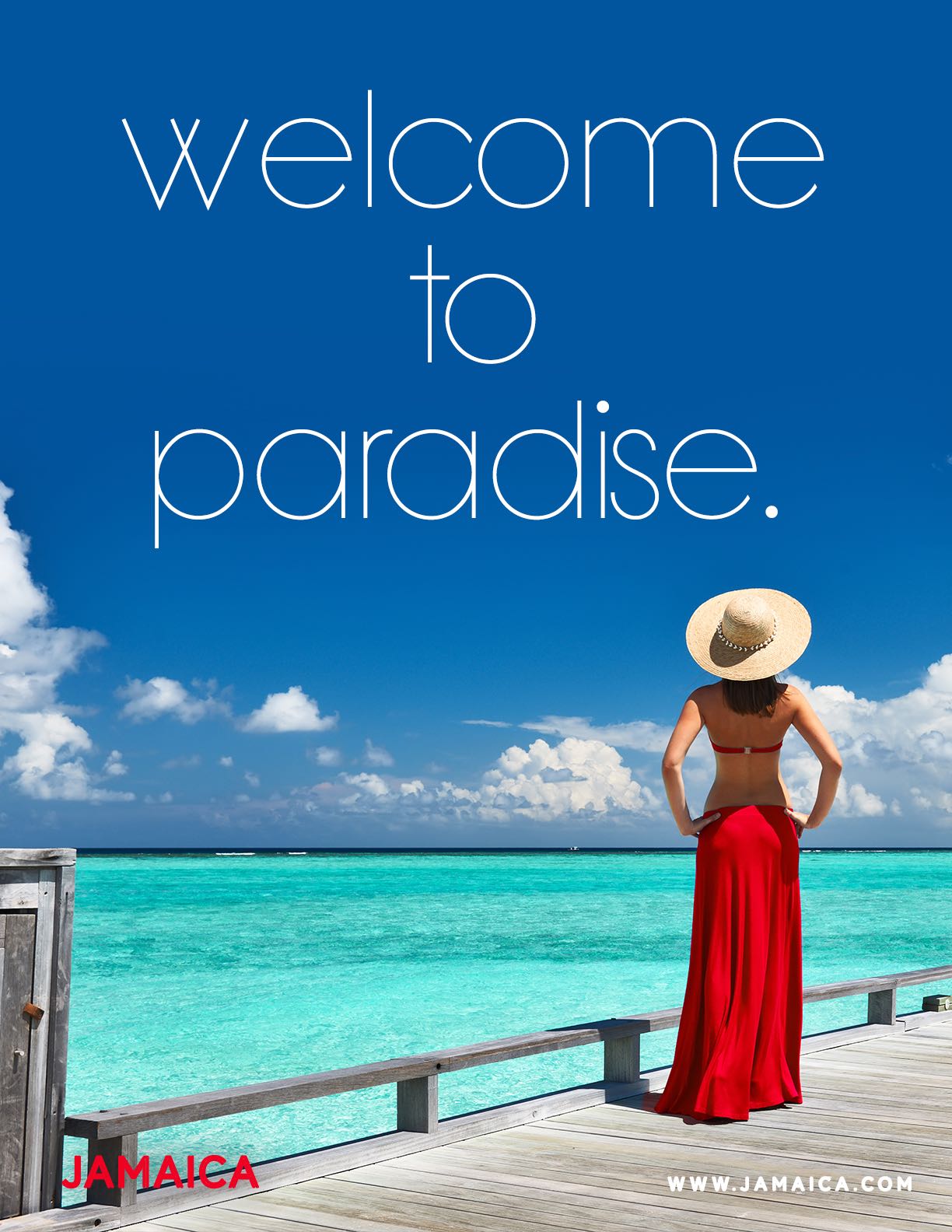
Wanderlust may reflect an intense urge for self-development by experiencing the unknown, confronting unforeseen challenges, getting to know unfamiliar cultures. Wanderlust may reflect an intense urge for self-development by experiencing the unknown, confronting unforeseen challenges, getting to know unfamiliar cultures.
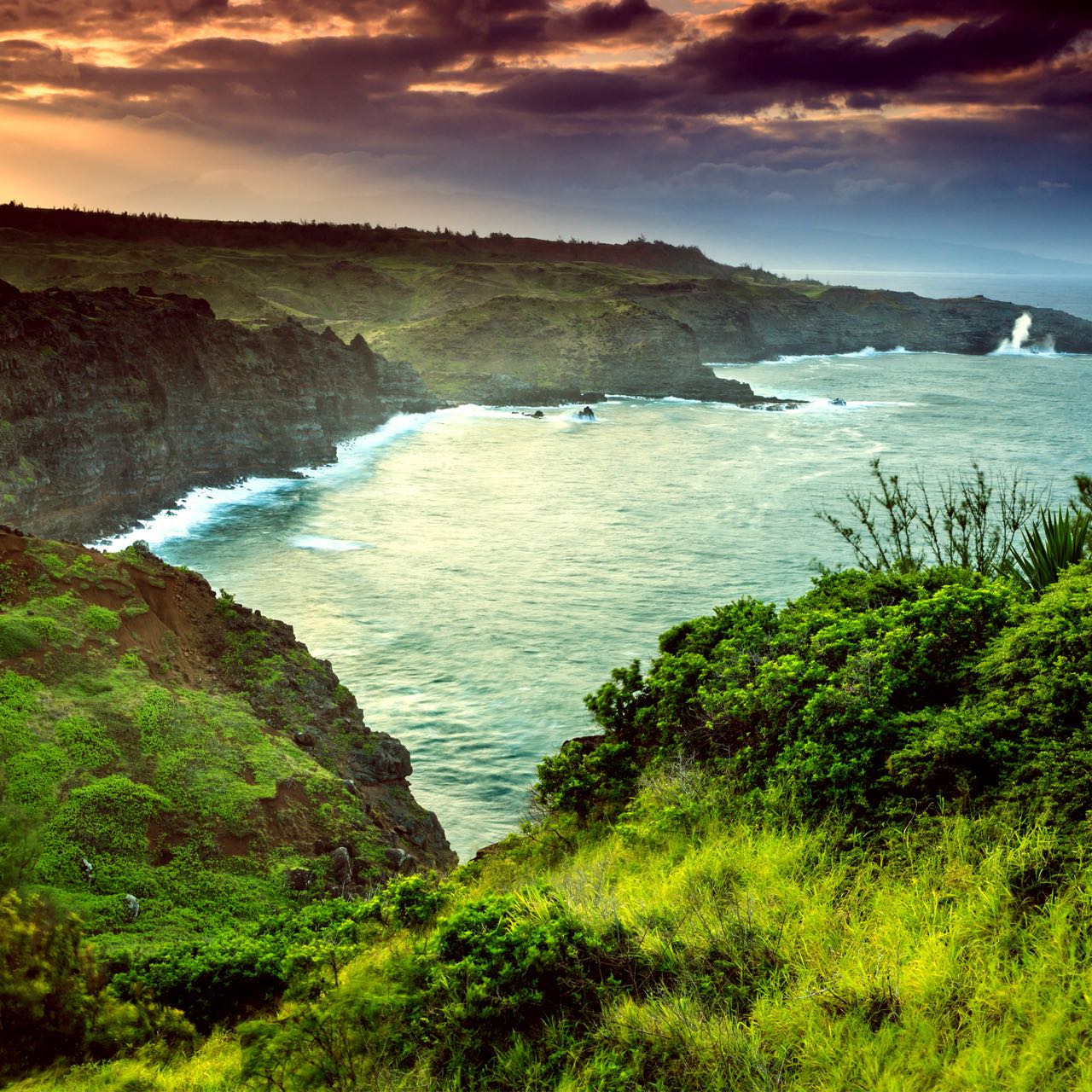
Wanderlust may reflect an intense urge for self-development by experiencing the unknown and confronting unforeseen challenges.
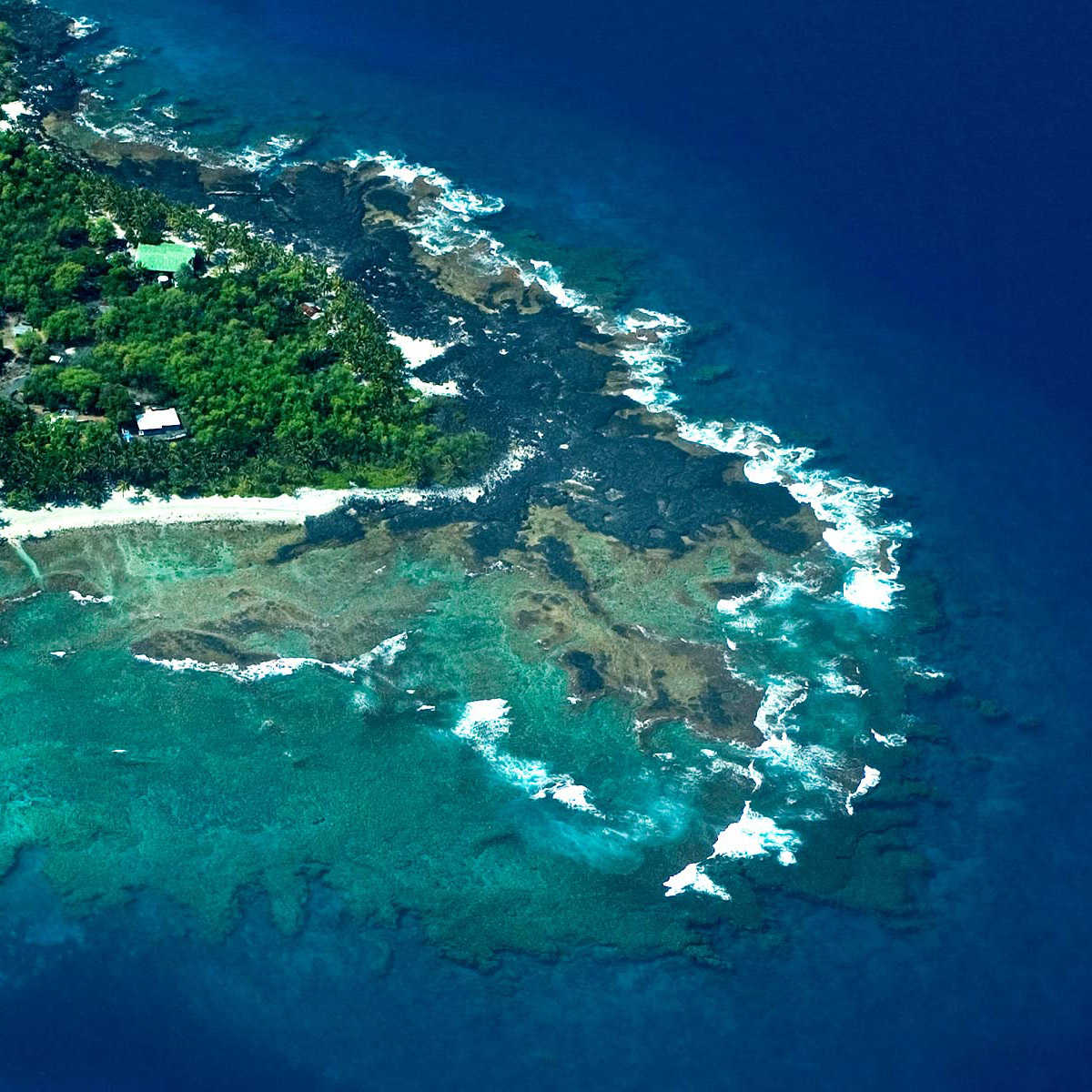
Wanderlust may reflect an intense urge for self-development by experiencing the unknown and confronting unforeseen challenges.
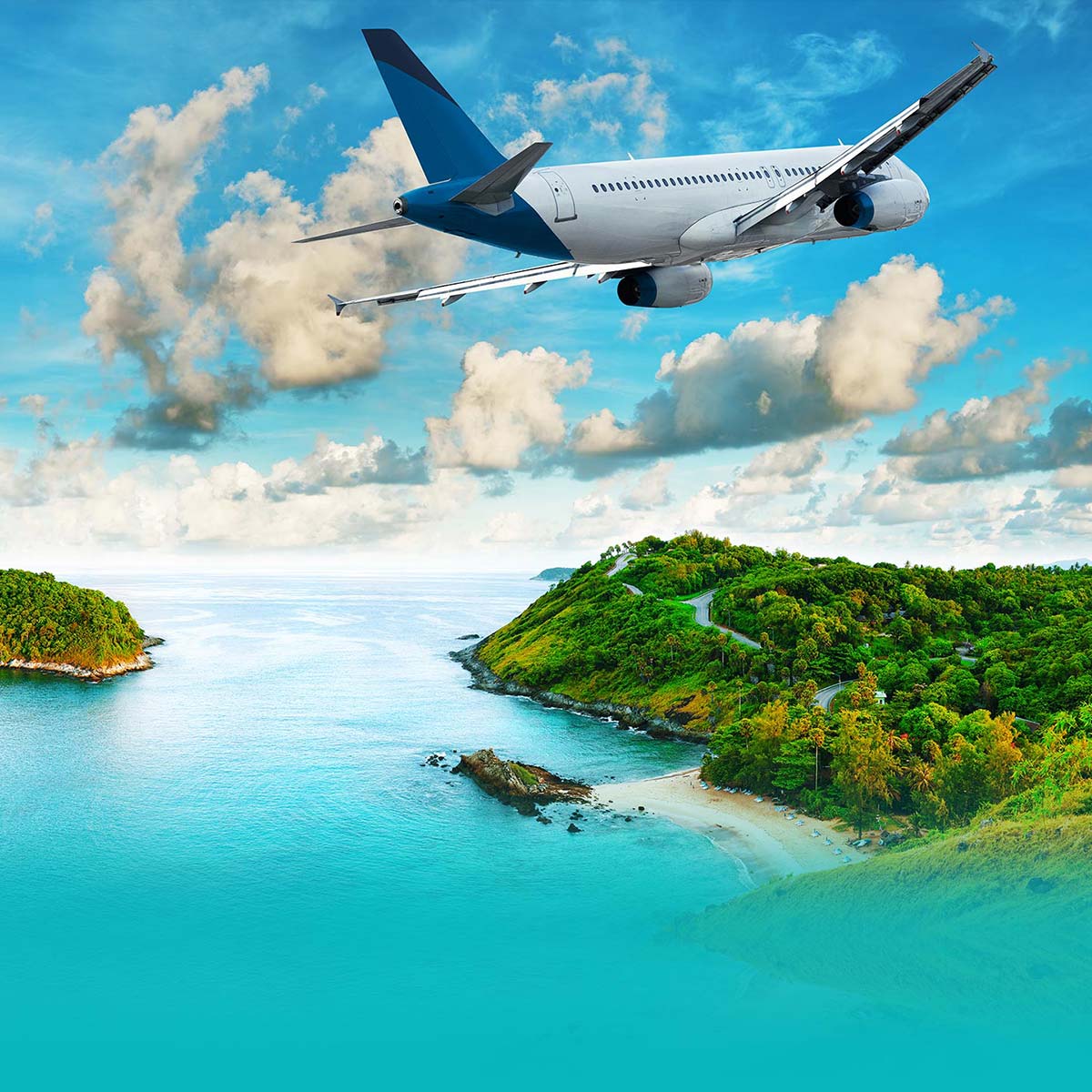
Wanderlust may reflect an intense urge for self-development by experiencing the unknown and confronting unforeseen challenges.
Among tourists, sociologists distinguish sunlust from wanderlust as motivating forces.
A description of what this specific section consists of would go right here.
Among tourists, sociologists distinguish sunlust from wanderlust as motivating forces.
Among tourists, sociologists distinguish sunlust from wanderlust as motivating forces.
Among tourists, sociologists distinguish sunlust from wanderlust as motivating forces.
Among tourists, sociologists distinguish sunlust from wanderlust as motivating forces.
Among tourists, sociologists distinguish sunlust from wanderlust as motivating forces.
Among tourists, sociologists distinguish sunlust from wanderlust as motivating forces.
Among tourists, sociologists distinguish sunlust from wanderlust as motivating forces.
Among tourists, sociologists distinguish sunlust from wanderlust as motivating forces.

August 2019 Worldwide Excursion Magazine
Travel Tips For Far Off Destinations
Written by Brooks TaylorExpand Full Article
The term originates from the German words wandern (to hike) and Lust (desire). The term wandern, frequently misused as a false friend, does in fact not mean “to wander”, but “to hike.” Placing the two words together, translated: “enjoyment of hiking”, although it is commonly described as an enjoyment of strolling, roaming about or wandering.
Wanderlust may reflect an intense urge for development by experiencing the unknown, confronting unforeseen challenges, getting to know unfamiliar cultures, ways of life and behaviours or may be driven by the desire to escape and leave behind depressive feelings of guilt, and has been linked to bipolar disorder in the periodicity of the attacks.

August 2019 Worldwide Excursion Magazine
The Most Incredible Sea Cliffs In The World
Written by Michael ScottAugust 2019 Worldwide Excursion Magazine
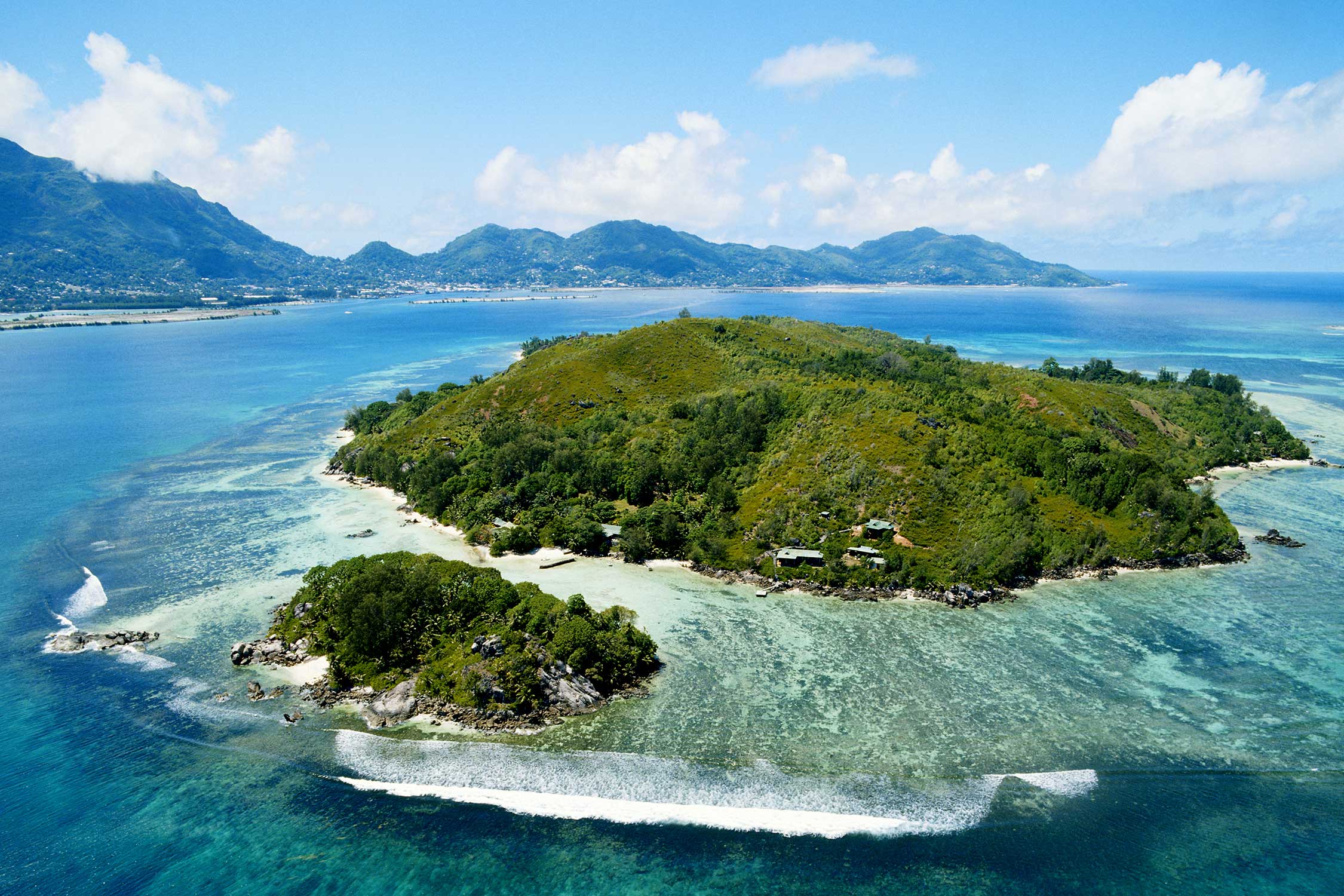
August 2019 Worldwide Excursion Magazine
August 2019 Worldwide Excursion Magazine
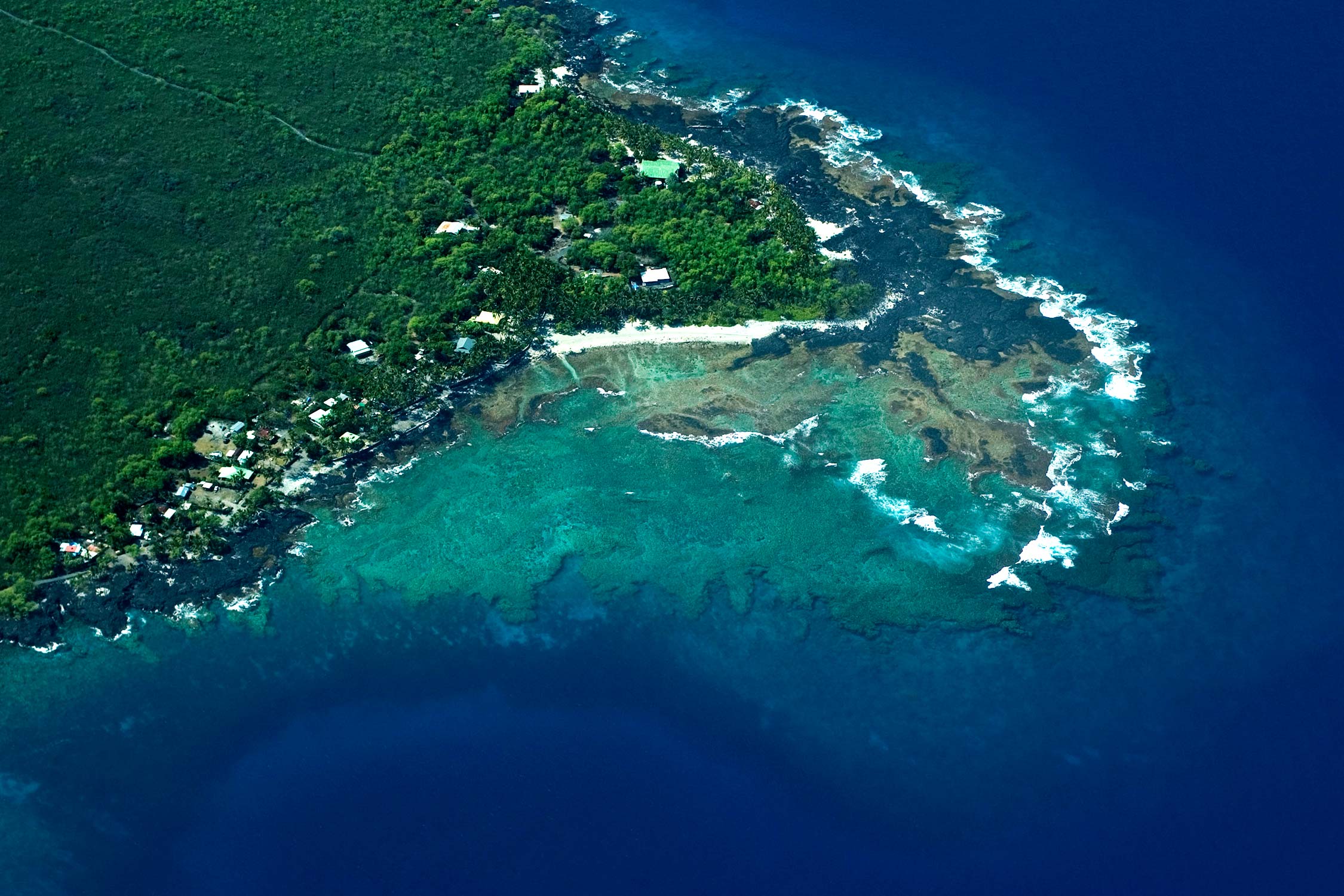
August 2019 Worldwide Excursion Magazine

August 2019 Worldwide Excursion Magazine

August 2019 Worldwide Excursion Magazine

August 2019 Worldwide Excursion Magazine



